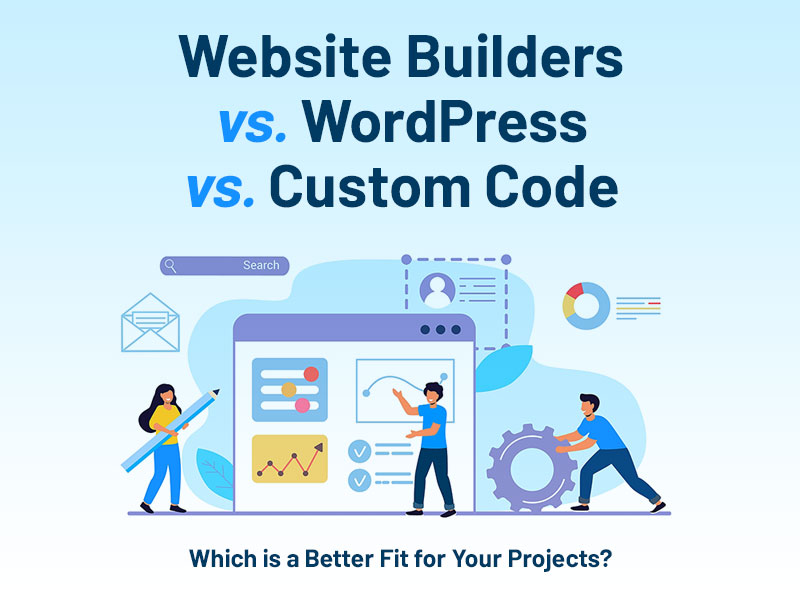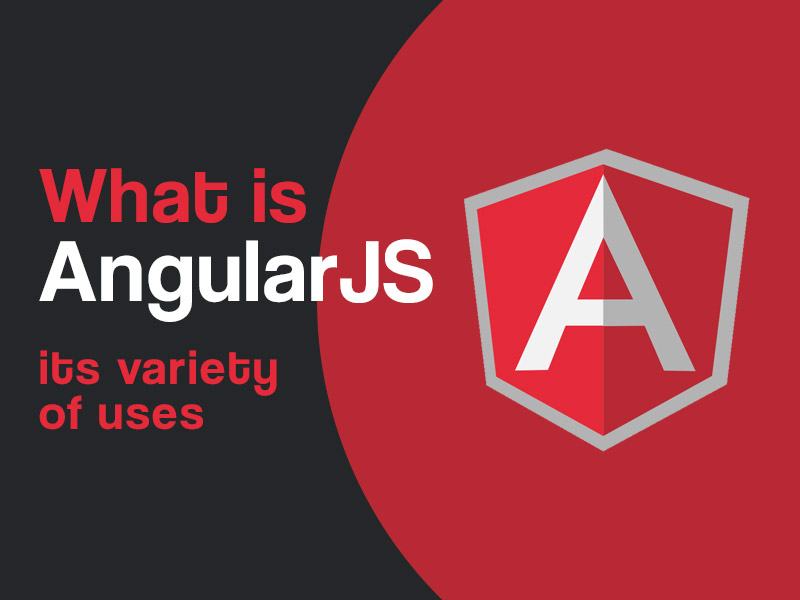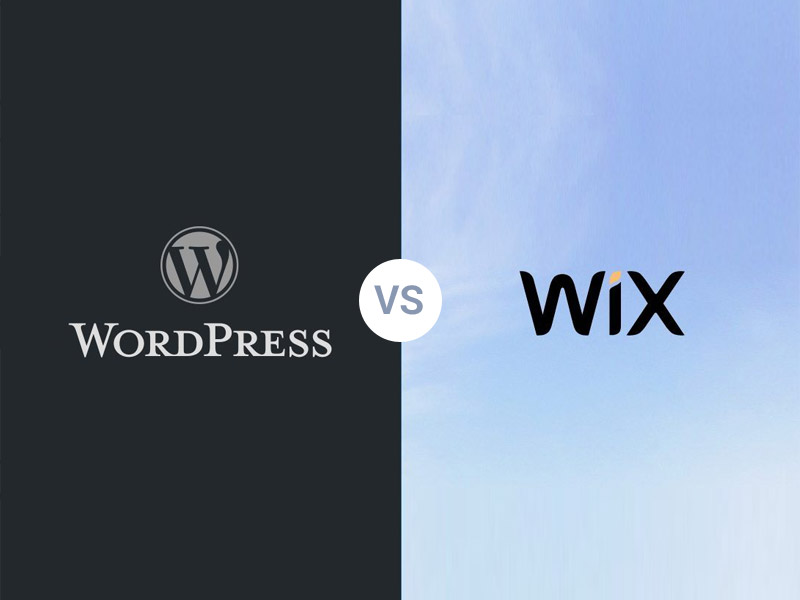I’m sure at least once you sawan ad claiming that you can create a website for free using no code. The rise of such no-code builders and WordPress posed an interesting question for many business owners:
“Should I even bother hiring professionals to create a custom website for my company?”
With each year, page builders and WordPress get more and more useful features, which made many people speculate that front-end development is dying. However, this statement cannot be further away from the truth. For some businesses, page builders are more useful than custom code or WordPress, for others – they are completely useless.
Curious to learn the key differences between these three methods? Read on!
What are Website Builders, and When Should I Use One?
Website builders are web-based programs, built to simplify the process of creating a webpage. More often than not, page builders offer a drag-and-drop interface, they are pre-packed with editable themes and plugins, that can change the website functionality easily. They are built with the purpose to create a webpage in minutes as opposed to hiring a developer who would spend hours custom-coding your solution.
Some of the most popular examples of page-builders are Instapage, Wix and Squarespace. Through the years, these tools have developed from simple brick-and-mortar page constructors with limited functionality to powerhouses, that allow you to create almost any kind of website, with advanced functionality. Best of all – builders are the most budget-friendly solution to development.
However, Website builders are not without their pitfalls:
- You have no control over the website code and therefore – limited customizability
- Page Builders are bloated with extra JS code, that clutters the website and makes it slower
- Scaling a page-builder website is not as easy (and sometimes – impossible), unlike custom code or WordPress
Despite that, page builders are a perfect choice for small business owners looking to develop a storefront website with minimal information. This is exactly what caused “an explosion” of interest towards page builders in the last 10 years:
How is WordPress Different from Page Builders & Why Should I Use it?
WordPress is a content management system (CMS), which allows you to create advanced websites and blogs using the additional benefits of this ecosystem. In particular, it allows you to:
- 1. Add feature-changing plugins to your website in one click
- 2. Have complete control over the website code
- 3. Get access to thousands of custom themes, programs and graphics
You can even integrate a page-builder like Elementor or Beaver on top of your WordPress website to customize every single webpage element without hassle. The main difference between WordPress and webpage builders is that it gives you complete authority over your code/theme, allowing you to create custom solutions faster. WordPress is so powerful that an estimated 43% of all websites are built on this platform. There’s a good reason why many web developers prefer working on WordPress- it’s a very powerful development solution, and it is still much simpler to implement than the custom code (HTML/CSS/JS combo).
With that being said, WordPress is still not perfect:
- Themes are often pre-loaded with code that makes your website slower
- WordPress has a much steeper learning curve than page builders
- It’s still not as heavily customizable as a custom-coded website
WordPress is a perfect choice for almost all websites. However, if you represent an enterprise-level organization that hosts a website with tons of custom applications on top – using WordPress as the main CMS may only complicate things down the road.
Are Custom-Code Solutions Worth it? (Yes and No)
Custom-coded websites are the ones created from scratch using HTML, CSS, Javascript, or any other framework to fuel their operations. It requires an experienced developer, who will write and adjust lines of code down the line as you scale your operations. Custom-coded websites are the most powerful solutions, that usually load the fastest, thanks to having the least amount of bloatware code.
Custom-coded websites are usually used for web apps (like Facebook or Gmail), and for advanced enterprise–grade websites with custom designs and user flows. While this is the most customizable solution, it might not be the most efficient development methodology for small to mid-sized businesses for a few reasons:
- Custom-coded websites are hard to update and require professional assistance
- Custom websites require the highest degree of investment
- They are an overkill for many businesses that would do well with another methodology
Custom-coded websites were the only option for web developers up until the late 90s when the first simple builders started popping up. Now that we understand the differences between all three methodologies, let’s see how you can pick the right one for your business.
4-Question to Ask Yourself When Selecting Your Development Method
To make things easy, we have created a simple 4-question framework that will help you understand, what kind of solution would fit your company best:
#1 What’s Your Company Size and Offering?
If you are a small store owner, that just wants to get noticed on Google, and have a website to generate more organic traffic – a website builder would work just fine for you. If you are a midsized company with any different products – choose WordPress as it would allow you to scale easily. Having a custom website only makes sense if you are a very big company, that needs a website with a complex structure.
#2 What’s Your Development Budget?
If you don’t have much spare cash to spend on the website, then a website builder would be an obvious choice for you. However, if you can manage to get more budget (and if you are looking to scale down the line) – consider WordPress instead. It’s still a much cheaper, yet a custom solution to your project.
#3 Will You Scale Your Website Down the Line?
If you plan to grow your brand and website down the line, you should know that page builders offer very limited functionality when it comes to SEO and technical optimization of your website. Moreover, many page builders are limited to a small number of total website pages, so consider that when you select your methodology.
#4 Do You Need a Custom Website Design?
Does your brand need to look different from the rest of the competition? If the answer is yes, then you probably should not go for a typical WordPress theme or a web page builder for a simple reason – there are hundreds of other websites out there, that would look exactly like yours. Therefore, if your budget allows it – we would recommend you hire a professional web developer to create a captivating design in line with your branding (it can then be uploaded through WordPress or be custom-coded).
Bringing it All Together
In summary, if you need a simple website to represent your growing business online – most page builders would do the job for you just fine. However, if you are looking for a more custom solution that can be easily scaled down the line – you should consider WordPress. At last, if you need the most technologically-sound website with a custom design and a web app or two on top of it – custom coding is your way to go.







